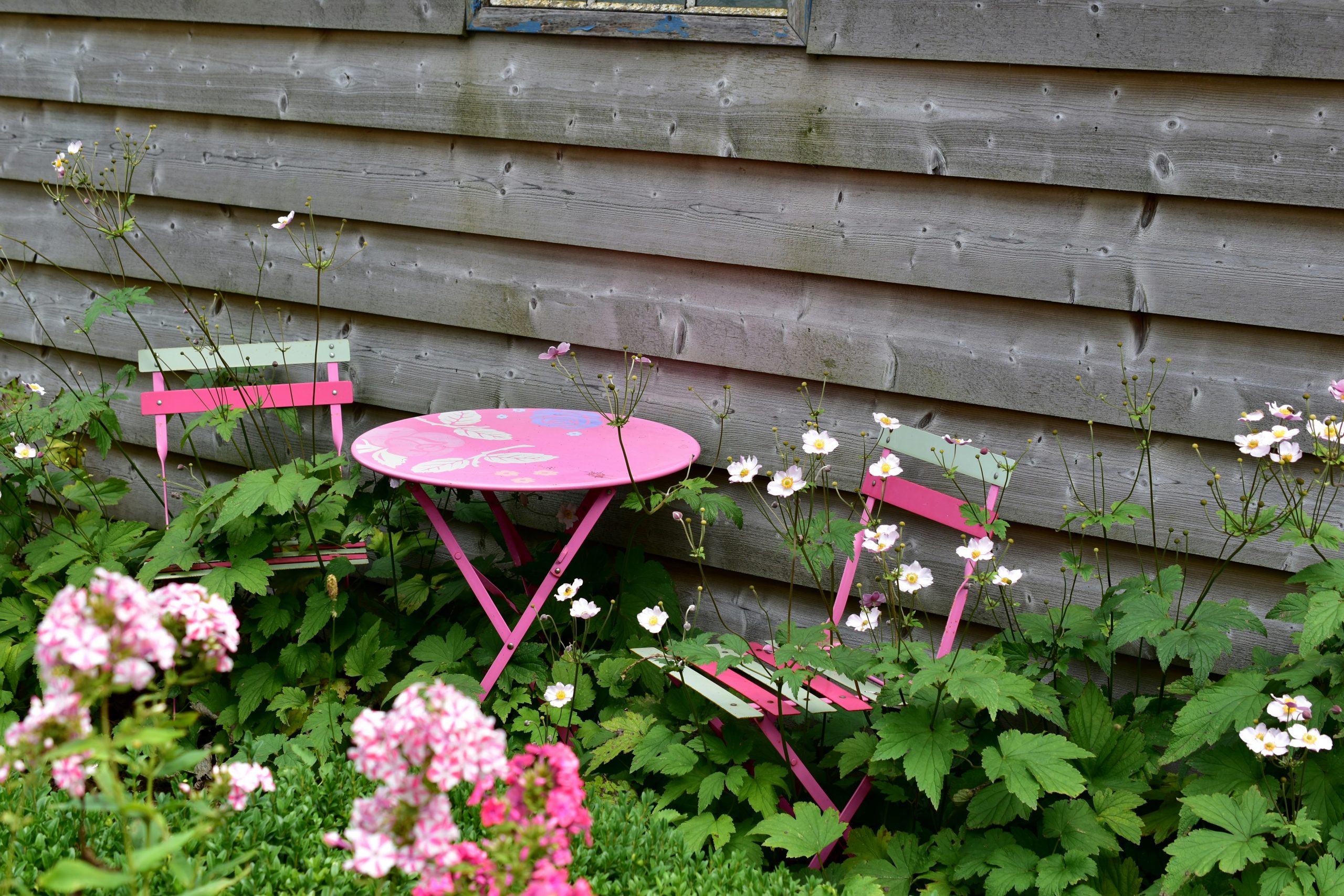Have you ever thought about selling your home? If so, you’ll want to make sure you don’t inadvertently lower its value. There are several factors that can affect the sale price of your home, such as the condition of the exterior, how cluttered it is, whether or not it is located in an unsafe neighbourhood, and how updated it is. Let’s take a closer look at these five key points:
1. Poorly Maintained Exterior
A poorly maintained exterior can be a huge turn-off for potential buyers. Missing roof repairs, rotting wood, or outdated siding are all surefire signs of neglect and can have a major impact on the value of your home. Regular maintenance is key when it comes to making sure your home looks its best, and investing in quality materials that stand the test of time will help you get the most out of any repairs or updates. Before selling your property, take a walk around the outside to make sure everything is in working order — from inspecting shingles to power washing any dirt or grime off of walls. Doing so can save you both time and money later down the line.
2. Too Much Clutter
Clutter can quickly turn a potential buyer away from your home, as it can make the space look unkempt and unpleasant. A good rule of thumb when it comes to making sure your home looks its best is to de-clutter. This means getting rid of any unwanted items and organizing the rest into neat piles or storage containers. Additionally, clearing out any overgrown shrubs or bushes in the front yard can help create more curb appeal and make sure guests don’t have to wade through a mess just to get to your door. If necessary, adding extra lighting around the property will also allow potential buyers a better chance to appreciate all that your home has to offer!
3. Non-Optimized Floor Plan
An inefficient floor plan can leave potential buyers feeling unsatisfied and confused as to how to make the best use of the space. The arrangement of rooms should be organized in a logical way, allowing for an easy flow from one room to another. Additionally, adding large windows to bring in natural light, utilizing smart storage solutions, and creating separate living and working areas can help create a more efficient space that appeals to buyers. Overall, an optimized floor plan will maximize the efficiency of the space and add value to your home!
4. Bad Location
Purchasing a home in a bad location can be a major deterrent for potential buyers. Homes located near busy roads or in noisy neighbourhoods may be unattractive due to the intrusive noise and other disturbances. To avoid this issue, research the area extensively before making any offers – look into nearby schools and businesses, traffic patterns, and any other potential issues that could arise from living in the area. Furthermore, investing in noise-reducing windowpanes or soundproofing material can go a long way in helping keep your home quiet and comfortable. A good location is key to getting a higher resale value for your home.
5. Age and Lack of Updates
Purchasing an older home may seem appealing for its affordable price tag but can be a costly mistake in the long run. Older homes are generally less desirable due to outdated features, lack of modern amenities, and potentially unreliable wiring or plumbing systems. If purchasing an older home, it is important to make sure all necessary updates and renovations are made before selling. Investing in improvements such as new appliances, updated fixtures, energy-efficient windows, and doors, or even a fresh coat of paint can make your home more attractive to potential buyers and raise its overall value. Additionally, it is important to have any building inspections completed before settling on the purchase – this will ensure the safety of anyone living in the house, plus give you peace of mind when selling.
Whether you are getting ready to put your house on the market or just want to maintain its resale value for when (or if) you do decide to sell in the future, it pays off to know what could decrease its worth. Pay attention to all aspects of upkeep around your property — from general maintenance tasks like replacing missing shingles on the roof to updating any outdated features — so that nothing gets overlooked when appraisers come by for an inspection!

 Facebook
Facebook
 X
X
 Pinterest
Pinterest
 Copy Link
Copy Link

